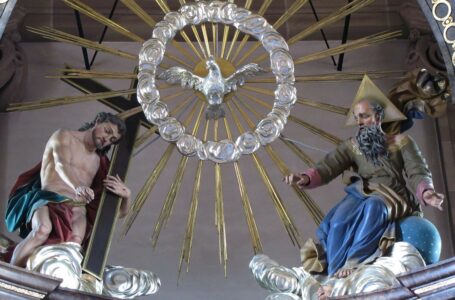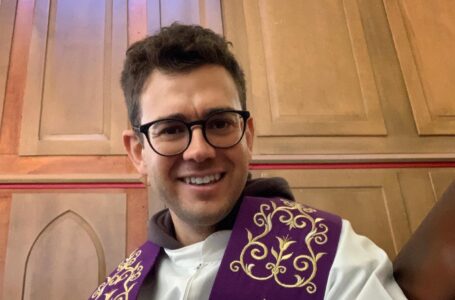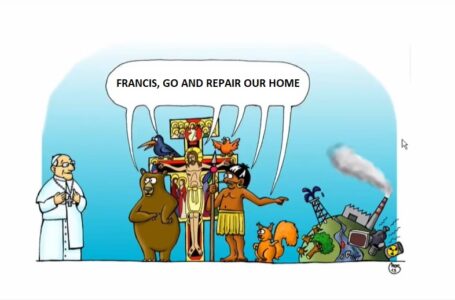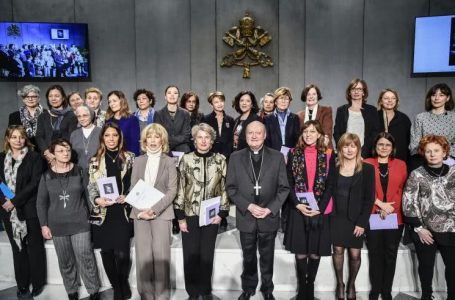Understanding the Holy Trinity

For Catholics, God is not an impersonal essence or a mere higher power but rather a personal God with whom one may enter into an intimate relationship. The Catholic faith speaks of a trinitarian God, one God but three persons, also known as The Trinity – the Father, the Son and the Holy Spirit. Dr Dorianne Buttigieg gives insights about understanding the Holy Trinity.
We are used to hearing that the Triune God is one of the most fundamental tenets and mysteries of the Christian faith. Father Antony Kadavil, in Vatican News, states the following: “The mystery of the Holy Trinity, a doctrine enunciated by the ecumenical councils of Nicaea and Constantinople, is one of the fundamental doctrines of Christianity and the greatest mystery of our Faith, namely, that there are Three Divine Persons, sharing the same Divine nature in one God. The Catechism of the Catholic Church is equally clear in this respect. (CCC, p. 249-256)
The Ultimate Mystery Of The Trinity Is Love
Isn’t God a mystery? If God is a mystery, what do we mere human mortals deduce from the Trinitarian doctrine? The ultimate heart of this mystery is love. We can never repeat that word enough. For the many times, the word features in our daily language, we can never really begin to understand the basic meaning of it. The profound mystery of the Trinitarian God emerges from the perfect love which exists within the three Persons of the Holy Trinity. Again, our language can never really grasp the greatness that is the Trinity. That also applies to our use of numbers with this respect. St Basil speaks of “meta-mathematics with this respect. We need to remember that the Trinity is about love; about the relation between the Three Persons, each of which is God, and who are one God. For it is out of love, that God has taken the initiative to create the human being and reveal himself gradually to humanity, hence Ireneaus of Lyons’ divine pedagogy. The salvation story, starting with the Old Testament, with the creation of the first persons, and culminating in the New Testament with the coming of Christ and his sending of the Holy Spirit, is a story of God’s encounter with humanity and his great love. While God takes the initiative, he also reveals himself gradually to humanity, while still remaining beyond that which can be grasped and fully known. God is God.
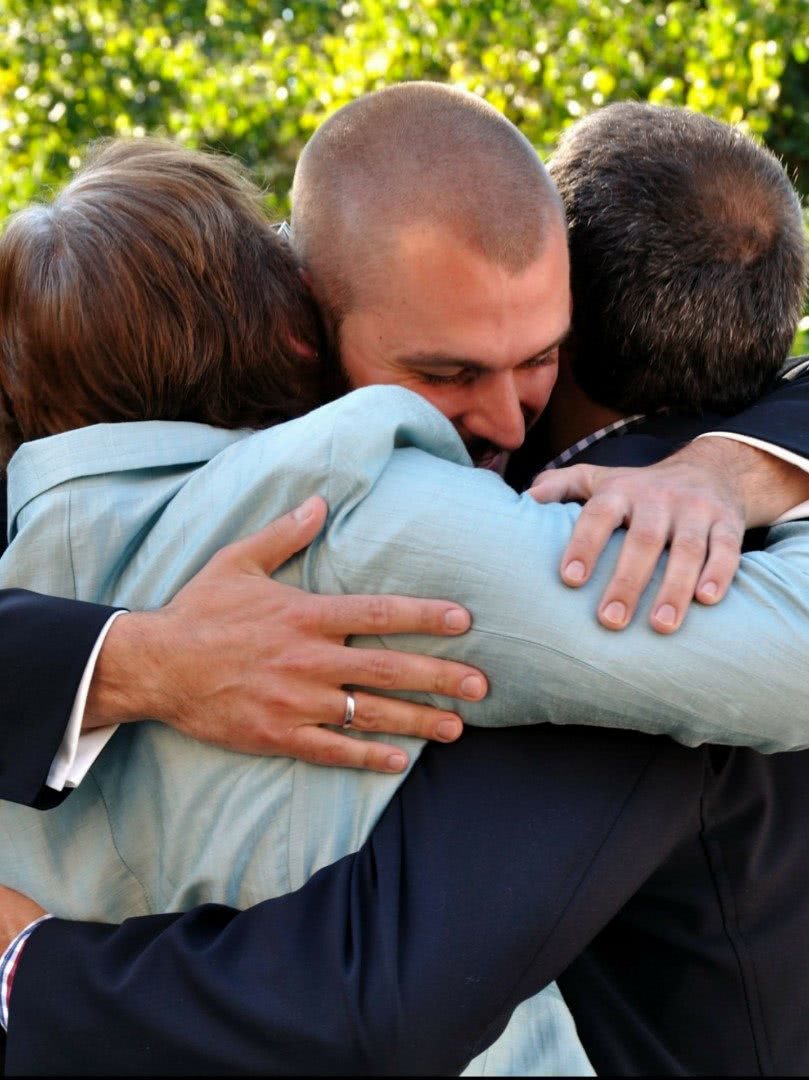
Understanding The Trinity As Portrayed In The Old Testament
We have echoes of the Trinitarian language in the Old Testament, starting even before the creation of the world, “where the Spirit of God moved upon the waters. (Gn 1, 2), culminating with the way Christ speaks about his relationship with the Father in the New Testament (Jn 5, 9; Jn 10, 30; Jn16, 28) and his eventual sending of the Paraclete (Jn 16, 7-15). From the early days of our catechism lessons we are thought that the Trinity as comprising the Father, the Son, and the Holy Spirit, yet they are one God. We have three divine Persons, and one God. The Holy Trinity is the example par excellence of the unity in diversity.
“The Trinity is about our lives and how our life has been redeemed”
The reflections on the Holy Spirit should be an empowerment for us to act in love with our fellow Christians. The great love shared by the three Persons of the Holy Trinity lies at the fulcrum of salvation history. This love should guide us and mark us as Christians. Otherwise, the doctrine about the Holy Trinity would remain far-removed from our daily living. At our baptism, “In the name of the Father, the Son, and the Holy Spirit we have already been clothed with a god-like dignity which opens the door for the adventure of love we are called to share with the Divine. The Trinity is about our lives and how our life has been redeemed from the bondages of sin through a divine love. Unless we learn to breathe this love through our constant relationship with God himself, the doctrine of the Trinity remains a fossilised mystery which can never be related to our lives.
Further Reading:
– Catholic Doctrine on the Holy Trinity
– Eucharistic Adoration Quotes By Pope Francis
